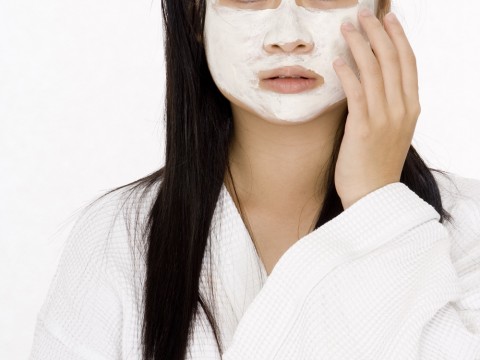Cystic acne is different from the regular outbreaks that many people experience from time to time, especially during puberty, as an acne cyst penetrates into deep layers of the skin causing inflammation and infection that can eventually lead to scarring.
This type of acne is considered a medical condition, especially when it is present into adulthood. The effects of an acne cyst are not just cosmetic but they may cause emotional trauma and greatly decrease the quality of life.
Luckily advances in dermatology have provided relief for sufferers with many new techniques and medications that can help combat and acne cyst from forming, or eradicate the problem all together. Please continue reading to learn more.
Treatment for an Acne Cyst
The most well known oral medication for treating severe cases of acne and cystic acne is known as Accutane. This type of drug is an extremely high dose of vitamin A that permanently shrinks oil producing glands.
Usually this medication is used for a duration of 6 months without successive treatment being necessary. This treatment requires a prescription and the care of a dermatologist as there are significant health risks.
A quick way to treat an acne cyst is to make an appointment with your doctor to receive a cortisone shot. The dermatologist injects cortisone directly into the acne cyst causing it to shrink and disappear. This is not a convenient treatment for severe cases but is a helpful emergency treatment for occasional cysts.
For all over treatment the requires no medication, blue light therapy is a leader in non-invasive topical treatments. A trained aesthetician applies a topical medication to the skin before exposing it to an intense blue pulse light that shrinks oil glands and kills acne causing bacteria.
As with anything pertaining to health, a physician should always be consulted before trying a new treatment for an acne cyst.
